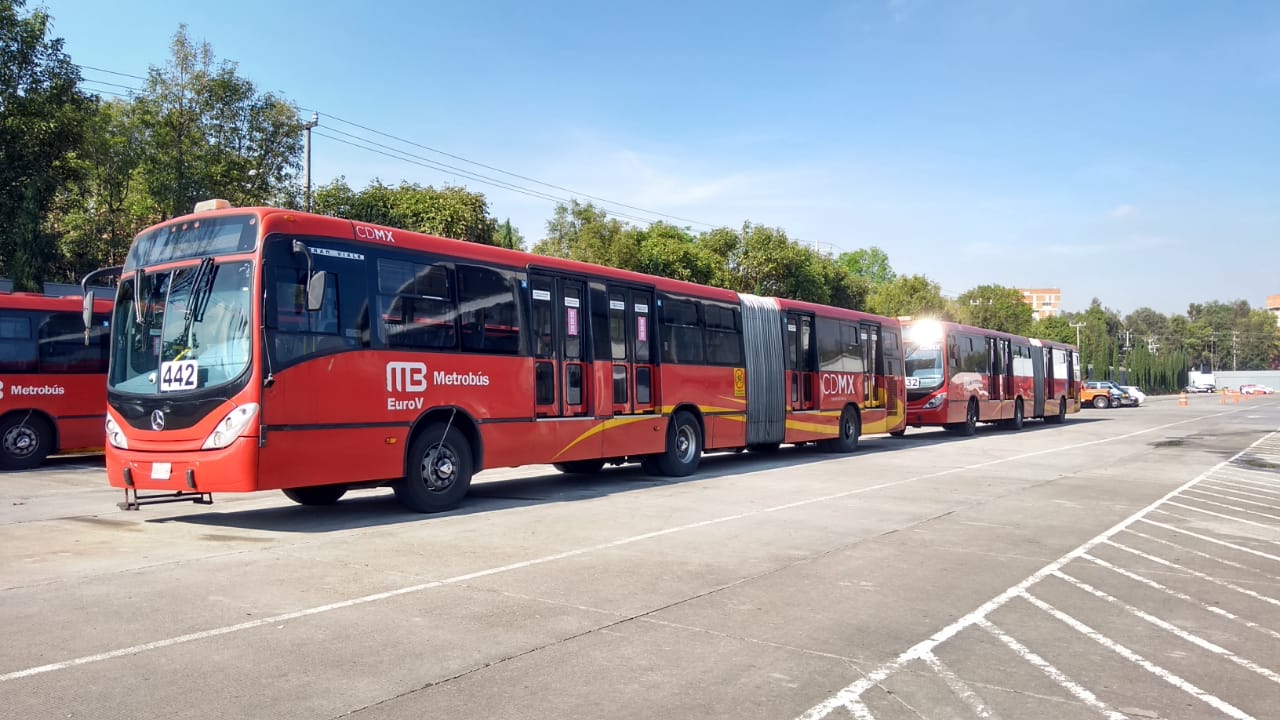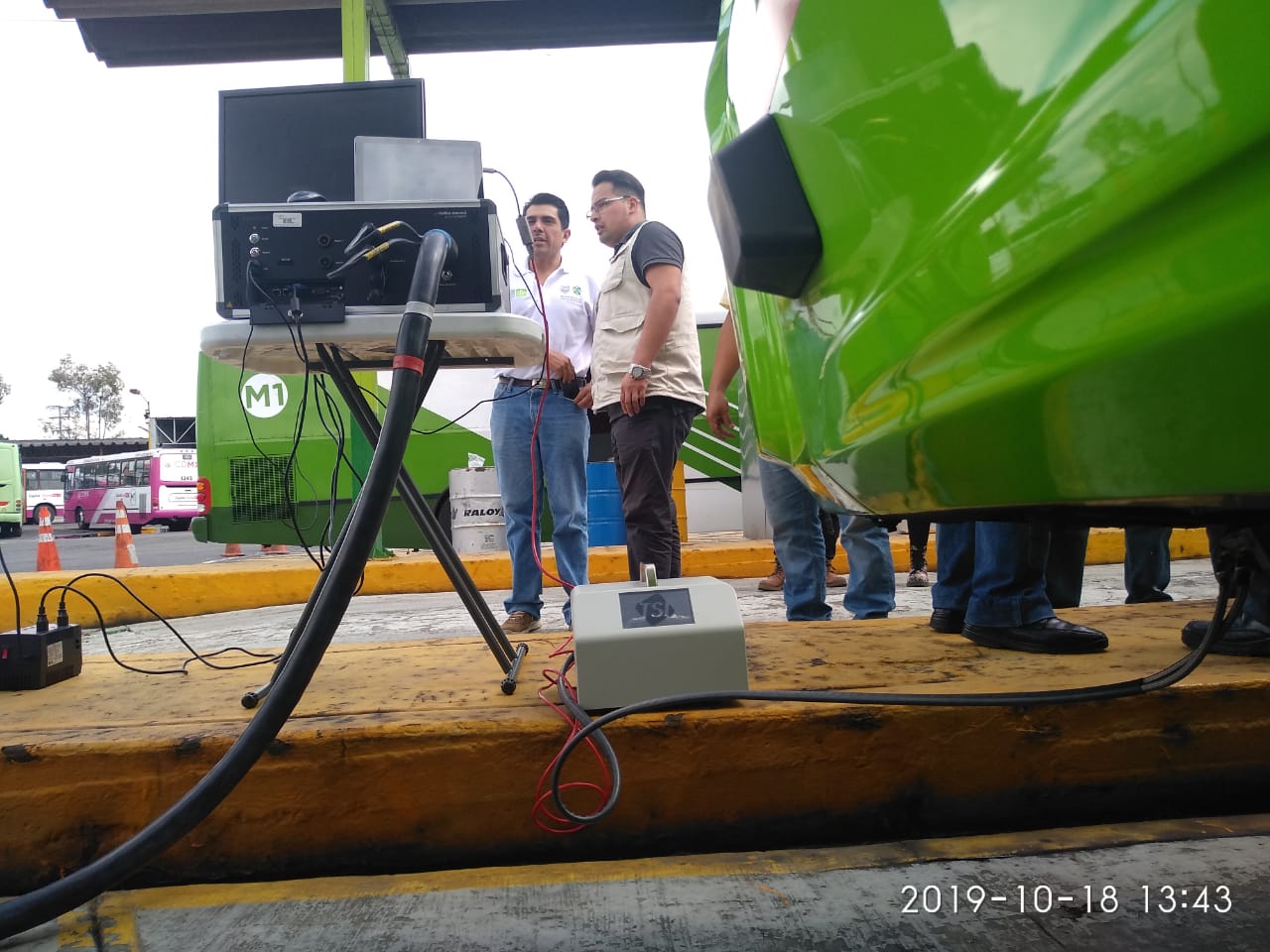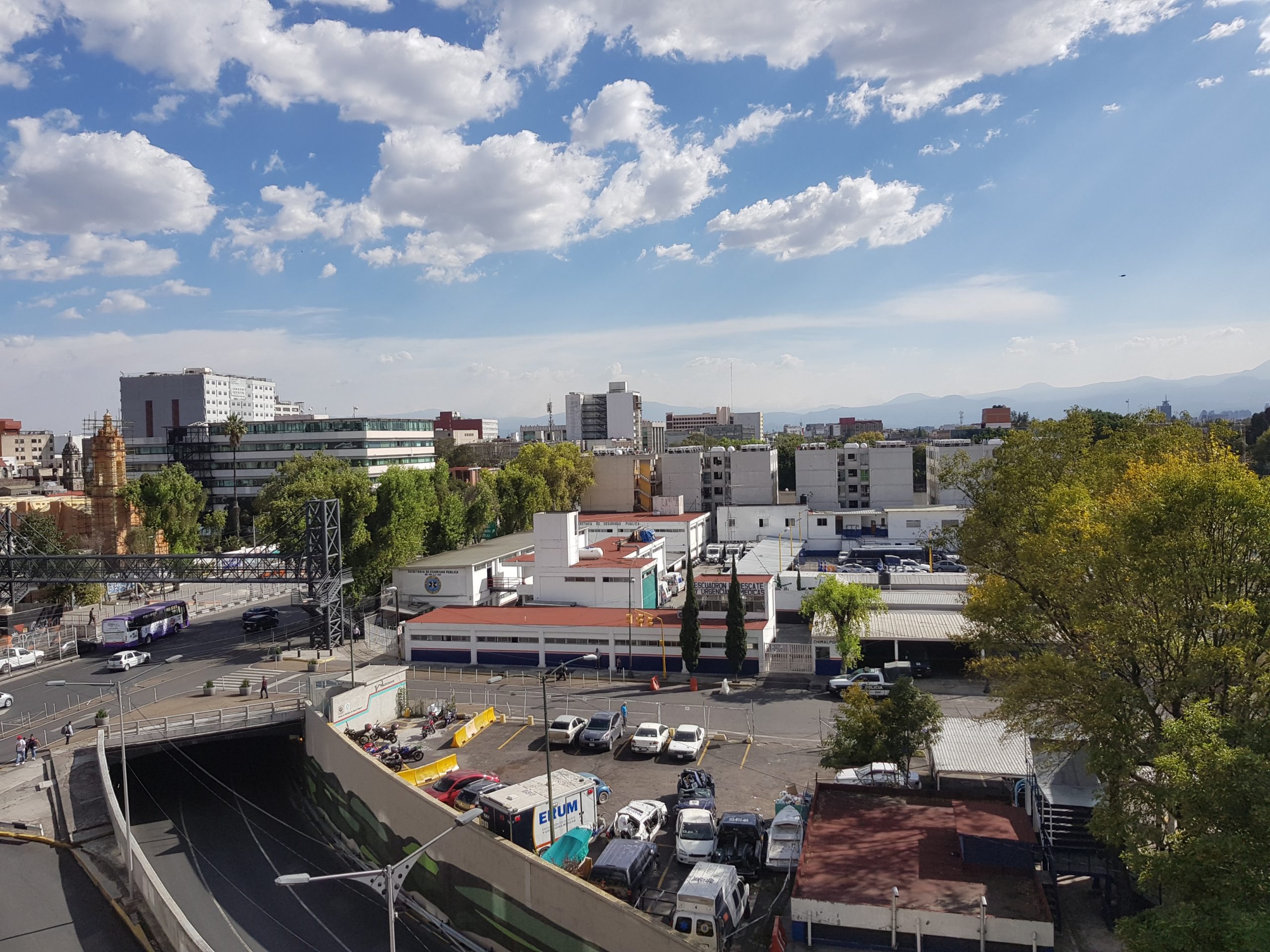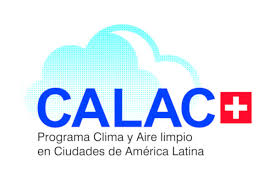CALAC+ aims at facilitating and providing technical support to authorities and stakeholders to address the problem of air pollution and greenhouse gas emissions generated by the urban transport and off-road machinery (construction) sectors. In Mexico City, it primarily supports the implementation and control processes of emission reduction measures, based on regional and global experiences.
BACKGROUND
The transport sector contributes one third of particulate emissions, 82% of VOC emissions and 90% of CO emissions.
Public transport and heavy freight contribute 50% of PM10 and PM2.5 emissions.
As a consequence of the environmental contingencies (May 2019), they presented two initiatives with outstanding measures and actions to improve air quality:
- Emission Reduction Plan for the Mobility Sector in Mexico City with the goal of reducing 30% of Mexico City’s emissions of criteria pollutants from mobile sources by 2024.
- Immediate measures to improve air quality in the Metropolitan Area of the Valley of Mexico, with the objective of reducing the pollutant concentrations that exceed the population’s health and safety standards.
- The goals focus on reducing emissions of ozone precursors (VOCs and NOx) and decreasing particulate emissions. The 14 measures include:
- Government projects will have to use machinery with particulate filters.
- Upgrading 60% of public transport network units and 70% of transport units under concession to use particulate filters.
PARTNERS
- Ministry of the Environment – SEDEMA
- Secretariat of Environment and Natural Resources – SEMARNAT
- Secretariat of Mobility – SEMOVI
- Metrobus, Public Transport Network and Electric Transport System.
INTERVENTION
C1. Soot-free and low-carbon buses
- Technical support to measures for replacing or upgrading transport systems, such as Metrobus or M1.
- Roadmap for incorporating low-emission transport such as electric and DPF-fitted buses, etc.
- Financial feasibility study for the implementation of DPFs in urban buses.
- Maintenance protocol for DPF-fitted vehicles and user training.
- Coordination of a formal space to share experiences and lessons learned in urban transport that can be replicated in other cities.

C2. Urban policy incubators for off-road machinery
- Off-road machinery inventory, according to the methodological guide developed by the program and reviewed by an expert in the region.
- Training in the use of the tool for estimating black carbon and PM2.5 emissions.
- Transfer of the Chilean experience in the formulation of the environmental policy to control emissions in this machinery.
- Advocacy among key stakeholders to generate regulations for off-road vehicles.

C3. Global knowledge management network
- Training and exchange, as well as field visits to countries with successful experiences.
- Sharing of experiences and best practices, synergy and collaboration around transport projects funded by SDC in other cities.
- Systematization of the experiences developed in components 1 and 2 for dissemination.

